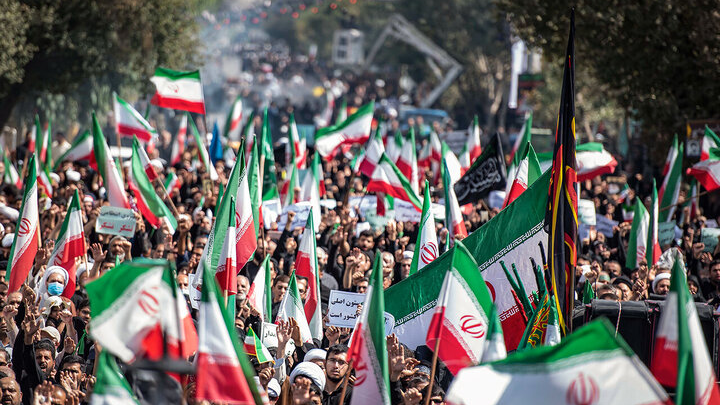DIDPress: Oman Observer in an article argues that Despite the stated aims of crippling Iran’s nuclear capabilities and pressuring its people to overthrow its government, the attacks have instead underscored the resilience of the Iranian state, the limitations of military power and the enduring wisdom of diplomatic engagement.

The recent unprovoked military strikes by Israel and the United States against Iran were illegal, barbaric and futile.
Despite the stated aims of crippling Iran’s nuclear capabilities and pressuring its people to overthrow its government, the attacks have instead underscored the resilience of the Iranian state, the limitations of military power and the enduring wisdom of diplomatic engagement. Israel’s unprovoked attack on Iran, followed by coordinated strikes on Iranian nuclear facilities by the US, were intended to send a message of deterrence and to degrade Iran’s nuclear programme.
However, the aftermath has revealed uncomfortable truths for both countries. Iran responded swiftly and decisively, demonstrating not only its capacity for self-defence but also its ability to project power beyond its borders. The barrage of ballistic missiles, many of which penetrated Israel’s much-vaunted Iron Dome, exposed vulnerabilities in Israeli defences and sowed panic among the population. Israel needed this ceasefire more than Iran.
The United States too are faced with a sobering reality. Iran’s retaliatory strike on a US base in Qatar, preceded by warnings to minimise casualties, was a calculated move that signalled both restraint and resolve. It was a clear message: Iran possesses the capability and the will to respond to aggression, and it will not be intimidated by displays of force.
This episode has forced American policymakers to confront the limits of military intervention and the risks of escalation. One of the most predictable outcomes of external aggression is the rallying of a nation’s people around their government. In Iran public support for the government has surged in the wake of the attacks, undermining any hopes Israel might have had of regime change.
History is replete with examples of foreign interventions backfiring, strengthening the very governments they seek to topple. The Iranian government enjoys renewed legitimacy and unity among its people. Meanwhile, Israel faces its own internal crisis.
Far from achieving security, the attacks have heightened anxiety and instability. Reports of mass emigration and declining morale among Israelis suggest that the sense of safety and sanctuary that Israel has long promised its citizens is under threat.
The notion that Israel is the world’s only safe haven for Jews is being called into question by the very people it seeks to protect. It is reported that over 700,000 Israelis have fled since the war commenced never to return and in a recent survey, 40 per cent of Israelis said they wanted to leave their “promised land.”The central aim of the unprovoked strikes – to halt Iran’s nuclear ambitions – also appears to have failed. Despite claims of significant damage, recent reports indicate that much of Iran’s enriched uranium stockpile survived, having been relocated in anticipation of the attacks.
Furthermore, the willingness of other countries to assist Iran in its nuclear pursuits only underscores the futility of trying to contain proliferation through force alone. If anything, the attacks may have accelerated regional nuclearisation, making the world less safe. The events of recent weeks have made one thing abundantly clear: Oman’s diplomacy, for all its frustrations and setbacks, remains the only viable path to lasting peace and security.
Military action may offer the illusion of control, but it cannot address the underlying grievances or aspirations that drive nations to pursue nuclear capabilities or assert their sovereignty. Palestinians, like the Iranians, will never agree to peace under the threat of Zionist force.
Only through dialogue, negotiation and mutual respect can the cycle of violence be broken.
The lessons for Israel and the United States are clear. The use of force, especially when unprovoked, carries risks that far outweigh any potential gains. It breeds resentment, fuels instability and often achieves the opposite of its intended effect. Diplomacy, though slow and imperfect, offers the best hope for resolving even the most intractable conflicts.